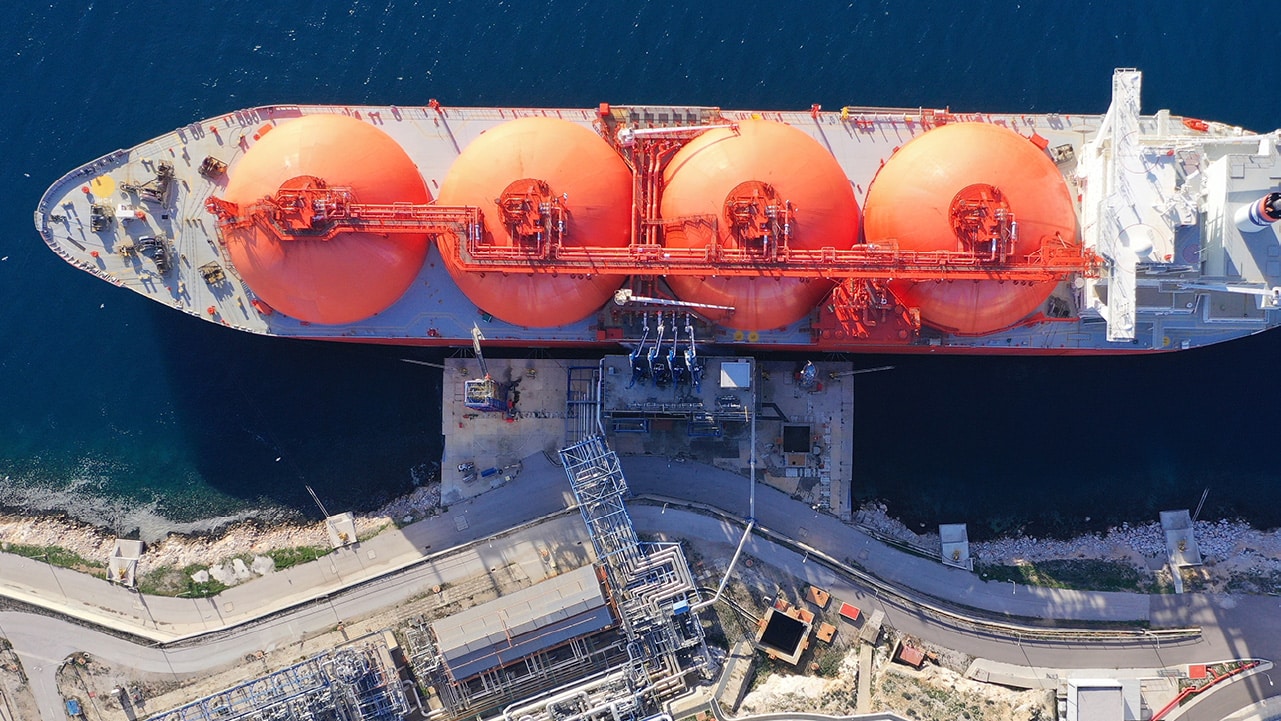EN 14520 Testing of Gas Extinguishing Systems in Cargo Spaces
The European standard EN 14520 sets out the requirements and methods for testing gas extinguishing systems intended to protect cargo spaces from fire. This service focuses on ensuring that such systems meet stringent safety standards, thereby safeguarding both crew members and valuable cargo during emergencies.
EN 14520 specifies the design, installation, and performance criteria necessary to ensure the reliable operation of gas extinguishing systems in marine environments. The standard is particularly important for ships equipped with large cargo holds or tanks where fire can quickly spread due to the nature of the goods being transported.
The testing process involves several critical steps aimed at validating that the system will function effectively under worst-case scenarios. This includes simulating a fire event and evaluating how the gas extinguishing agent is deployed, its distribution within the cargo space, and the time it takes for the fire to be brought under control. The test also assesses whether there are any leaks or malfunctions in the system components.
During testing, we use sophisticated instrumentation to monitor key parameters such as pressure, flow rate, and agent delivery patterns. Specimen preparation involves setting up a mock cargo space environment that closely resembles real-world conditions on board ships. This setup allows us to accurately replicate fire scenarios and measure the performance of the extinguishing system.
Once testing is completed, detailed reports are generated highlighting all aspects of the system's performance against EN 14520 requirements. These reports serve as crucial documentation for compliance with regulatory bodies and provide peace of mind to ship operators regarding their safety measures.
- System Integrity: Ensuring that the gas delivery system is intact and capable of delivering the required amount of extinguishing agent.
- Agent Distribution: Checking how evenly the fire suppression agent spreads across the cargo space.
- Response Time: Measuring the time taken for the system to respond and begin suppressing a simulated fire event.
In summary, our EN 14520 testing service ensures that gas extinguishing systems in cargo spaces meet the highest safety standards, providing critical protection against potential fires. By adhering strictly to this standard, we help maintain compliance with international regulations while enhancing overall maritime safety.
Benefits
The benefits of our EN 14520 testing service are numerous and far-reaching. Firstly, it provides absolute assurance that critical systems will function correctly in emergency situations, thereby protecting lives and preventing significant damage to cargo. Compliance with this standard is mandatory for many maritime organizations, ensuring they meet international safety benchmarks.
Secondly, regular testing helps identify any potential issues before they escalate into serious problems. This proactive approach can save substantial costs associated with system failures or non-compliance penalties. Additionally, the detailed reports produced from our tests offer valuable insights into system performance, aiding continuous improvement efforts within organizations.
From a regulatory standpoint, compliance ensures that ships meet stringent safety requirements set by various international authorities like the International Maritime Organization (IMO). This not only enhances maritime safety but also builds trust among stakeholders and clients. Lastly, successful completion of these tests can significantly reduce insurance premiums, reflecting positively on an organization's risk management practices.
Industry Applications
The EN 14520 testing service finds application across various segments within the marine industry. Cargo owners and operators who transport hazardous materials like chemicals or flammable liquids must ensure their vessels comply with this standard to prevent catastrophic incidents at sea.
Tankers, particularly those carrying petroleum products, rely heavily on gas extinguishing systems to protect against fire outbreaks in cargo tanks. The high volatility of these substances necessitates robust safety measures that EN 14520 helps enforce.
In addition, container ships often incorporate extensive gas-based fire suppression systems due to the dense and varied nature of goods they carry. Ensuring these systems are reliable is paramount for maintaining operational efficiency and safety standards aboard such vessels.





